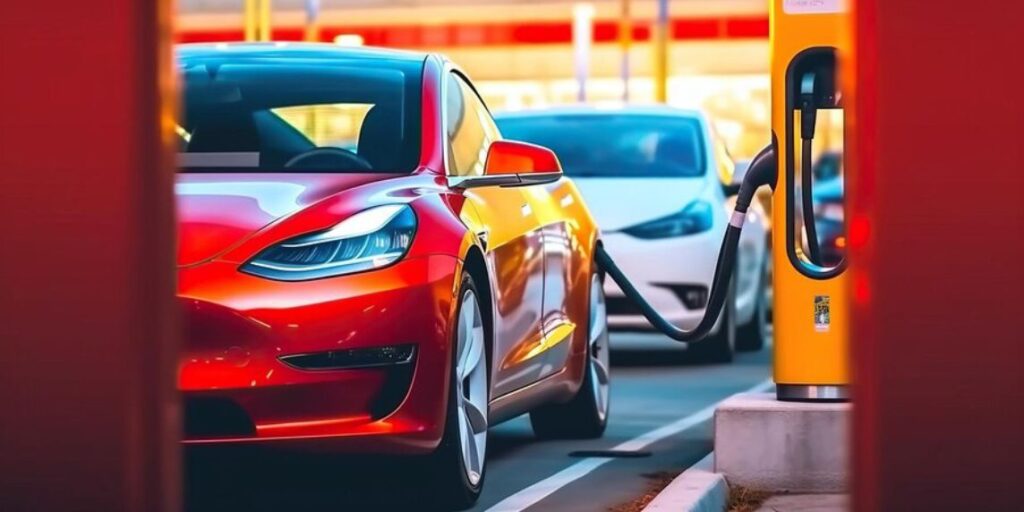The wheels of change are turning, and the automotive industry is at the forefront. With rising environmental concerns and fluctuating fuel prices, the age-old debate between electric vehicles (EVs) and fuel-powered vehicles has gained new momentum. But choosing between these two options can feel like navigating a winding road with no clear map. So, let’s delve into the key factors to consider before making your next move.
Environmental Impact: A Breath of Fresh Air or a Cloud of Smoke?
The most significant difference lies in their impact on our planet. EVs boast zero tailpipe emissions, meaning they directly contribute less to air pollution and greenhouse gas emissions. This translates to cleaner air, especially in urban areas, and a smaller carbon footprint, crucial for combating climate change.
On the other hand, fuel vehicles leave a trail of emissions, impacting air quality and contributing to global warming. However, the equation gets complex when considering the entire life cycle, including electricity generation for EVs and oil extraction and refining for fuel vehicles. Depending on the energy source used to charge the EV and the efficiency of the fuel vehicle, the environmental impact can vary.
Fueling Your Journey: Costly Pitstops or Efficient Charging?
Filling up at the gas station can be a recurring expense, especially with fluctuating fuel prices. EVs, however, offer lower running costs. While charging costs vary depending on electricity rates and charging methods, they typically translate to significant savings compared to gasoline. Additionally, EVs require less maintenance due to simpler electric motors compared to gasoline engines.
However, the upfront purchase price of EVs tends to be higher than their fuel-powered counterparts. Additionally, the availability and cost of public charging infrastructure can be a challenge, especially for long-distance journeys.
Performance and Range: Speed Demons or Steady Cruisers?
Fuel vehicles offer a wider range of performance options, from fuel-efficient models to powerful sports cars. EVs are catching up, with some offering impressive acceleration and handling. However, their range, the distance they can travel on a single charge, is often shorter than the range of fuel vehicles on a full tank.
Rapid advancements in battery technology are increasing EV range, but long-distance trips might still require more charging stops compared to fuel vehicles. This factor is crucial to consider based on your driving habits and typical journey lengths.
Convenience and Comfort: A Seamless Ride or a Pitstop Symphony?
Fueling a fuel vehicle is a quick and readily available process. Charging an EV can take longer, especially with slower charging options. However, many EV owners charge overnight at home, making the process seamless and convenient. Additionally, EVs offer smoother and quieter rides due to the electric motor, contributing to a more enjoyable driving experience.
The Future is Electric, But When?
The electric vehicle revolution is well underway, with advancements in battery technology, charging infrastructure, and government incentives driving the shift. However, the transition will take time, and fuel vehicles will remain a viable option for many years to come.
So, Which Is Better? It Depends…
The answer isn’t a one-size-fits-all. The “better” choice depends on your individual priorities, driving habits, budget, and access to charging infrastructure. If environmental impact is your top concern and you primarily drive short distances, an EV might be the ideal choice. If affordability and long-range journeys are your priorities, a fuel vehicle might be more suitable.
Ultimately, the best way to decide is to research your options carefully, consider your individual needs, and take advantage of test drives to experience both types of vehicles firsthand. Remember, the road to a sustainable future is paved with informed choices, and every step towards a cleaner, more efficient driving experience counts.

